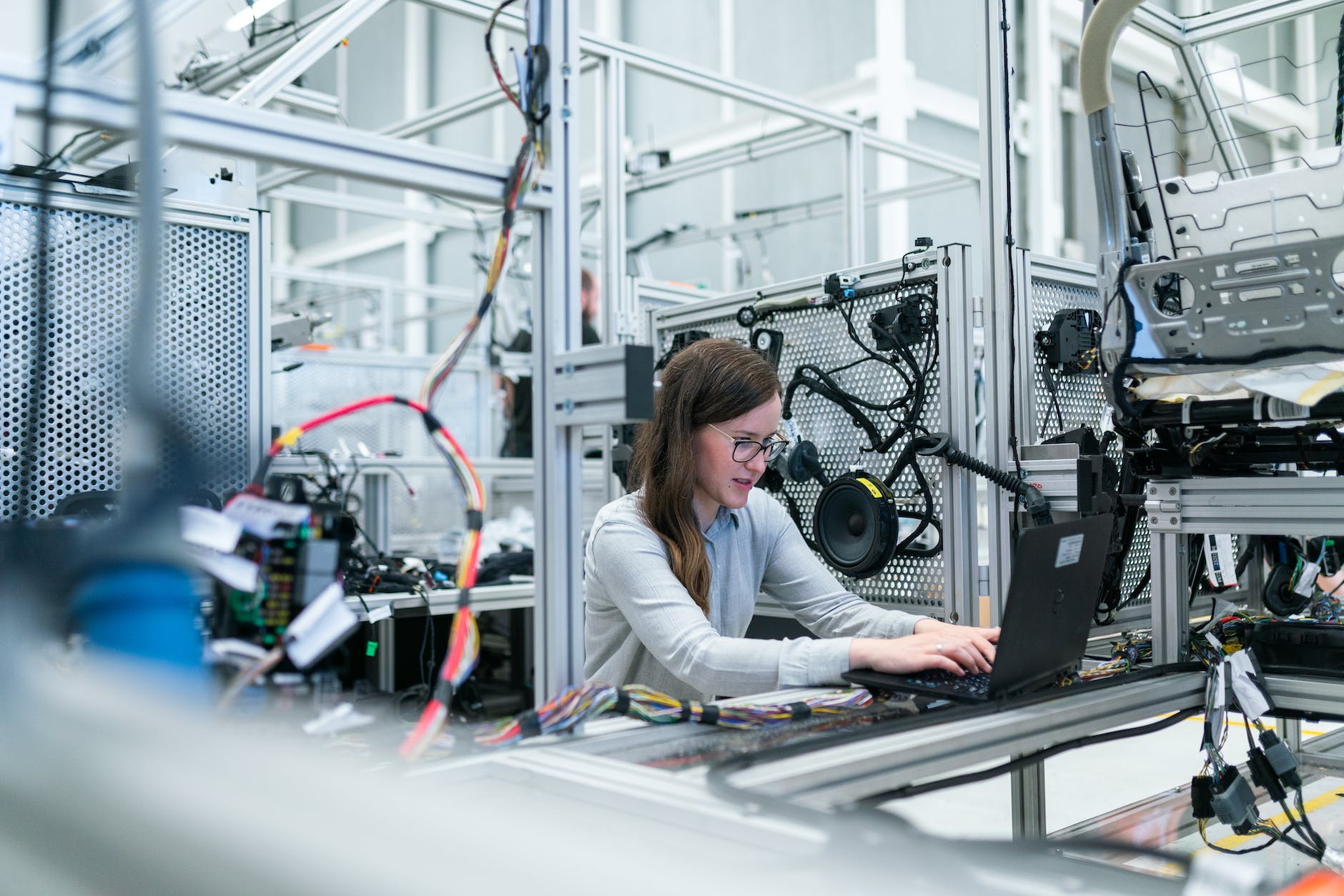As NSW falls further behind in its housing targets, industry is urging the adoption of AI tech to meet demand
In recent years, New South Wales (NSW) has been struggling to keep up with its housing targets. The growing population and increasing demand for affordable housing have put significant pressure on the construction industry and the government. To tackle this issue, industry experts are now advocating for the adoption of artificial intelligence (AI) technology to streamline the construction process and meet the housing demand effectively.
The need for AI in the housing industry
The housing shortage in NSW has become a pressing problem, with the state falling further behind in its housing targets. The traditional construction methods and manual labor-intensive processes are unable to cope with the pace at which new housing needs to be built. This is where AI can play a crucial role in optimizing the construction process and accelerating the delivery of new homes.
AI technology can automate various aspects of the construction industry, such as designing, planning, and project management. By utilizing machine learning algorithms, AI can analyze vast amounts of data and generate optimized designs for buildings. This not only speeds up the architectural process but also ensures that the housing meets the required standards and regulations.
Furthermore, AI can assist in project management by optimizing scheduling and resource allocation. It can predict potential bottlenecks or delays and suggest alternative solutions to mitigate them. This level of automation and predictive analytics can greatly improve the efficiency and productivity of construction projects, enabling the industry to meet the housing targets set by the government.
Benefits of AI adoption
The adoption of AI technology in the housing industry offers numerous benefits. Firstly, it can help reduce construction costs by minimizing material wastage and optimizing resource allocation. AI algorithms can analyze data on previous construction projects to identify areas where costs can be reduced without compromising quality.
Secondly, AI can improve the safety of construction sites. By utilizing computer vision and machine learning algorithms, AI systems can detect potential hazards and issue warnings to workers. This proactive approach to safety can prevent accidents and save lives.
Lastly, AI technology can enhance sustainability in the construction industry. By analyzing energy consumption patterns and environmental factors, AI algorithms can optimize building designs to minimize carbon footprint. This can contribute to the overall goal of creating greener and more eco-friendly housing solutions.
Challenges of AI adoption
While the adoption of AI in the housing industry has significant potential, there are several challenges that need to be addressed. One major concern is the cost of implementing AI technology. Many companies, especially small and medium-sized enterprises, may find it financially burdensome to invest in AI systems and infrastructure.
Another challenge is the resistance to change within the industry. Traditional construction methods have been deeply entrenched, and convincing stakeholders to embrace AI technology may require substantial effort. There is a need for awareness campaigns, training programs, and collaboration between industry players and the government to overcome this resistance.
Data privacy and security are also important issues to consider when adopting AI in the housing industry. As AI relies on collecting and analyzing vast amounts of data, it is crucial to ensure that individuals’ privacy is protected and that the data is securely stored and processed.
As NSW falls behind in its housing targets, the adoption of AI technology can provide a viable solution to meet the growing demand for housing. By automating various processes and optimizing resource allocation, AI has the potential to significantly speed up the construction process and reduce costs. However, challenges such as cost, resistance to change, and data privacy need to be addressed for successful implementation. The industry and the government must work together to harness the full potential of AI in the housing industry and create sustainable, affordable housing solutions for the people of NSW.





